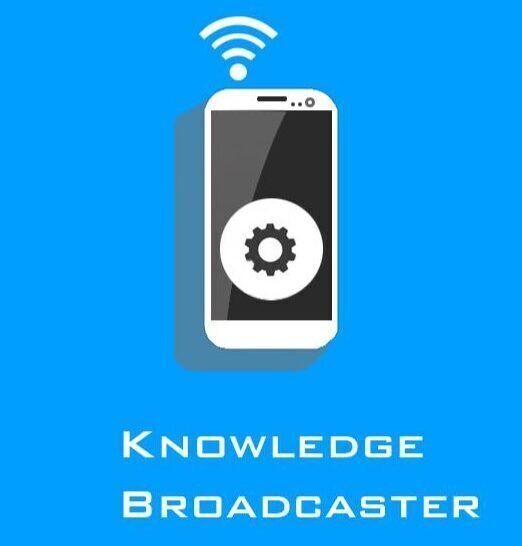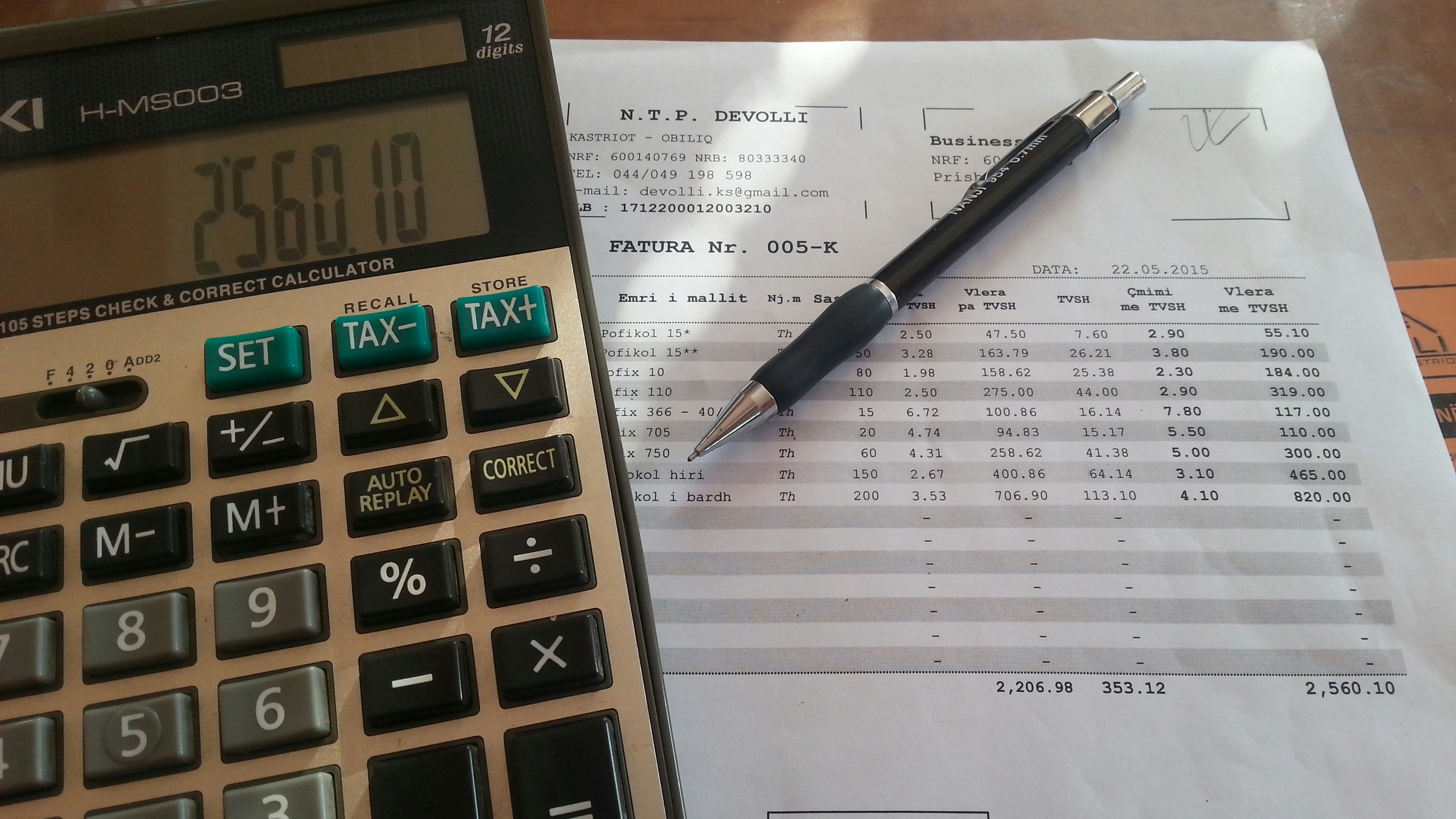What is the Procure to Pay (P2P) Process?
- The Procure to Pay (P2P) process is a comprehensive business workflow that covers all steps from identifying the need for goods and services to making the final payment to suppliers.
- This process is essential for organizations as it ensures efficiency and accuracy in purchasing and procurement activities.
Step-by-Step Overview of the P2P Process
- The P2P process typically begins with the identification of requirements, where a department or user recognizes a need and documents it in a purchase requisition (PR).
- Following this, the PR is created using the SAP T-code ME51N.
- This document specifies details such as items, quantities, and delivery dates.
- Once the requisition is submitted, it goes through an approval workflow, usually needing authorization from a manager or budget owner.
- After approval through SAP T-code ME54N, the PR is converted into a Purchase Order (PO) using T-code ME21N.
- The PO is then sent to the vendor for acceptance, initiating the procurement phase.
Finalizing the P2P Process
- Upon delivery of goods or services, the organization inspects the items and generates a Goods Receipt Note (GRN) via T-code MIGO.
- The next step involves receiving the supplier invoice, which must reference both the PO and the GRN for verification. This is tracked using T-code MIRO.
- Finally, payment to the vendor is processed according to the agreed terms—whether via cheque, NEFT, or RTGS—using T-codes F-53 for manual payments or F110 for automatic payments.
- Understanding the Procure to Pay process is crucial for maintaining efficient supplier relationships and ensuring timely payments.


